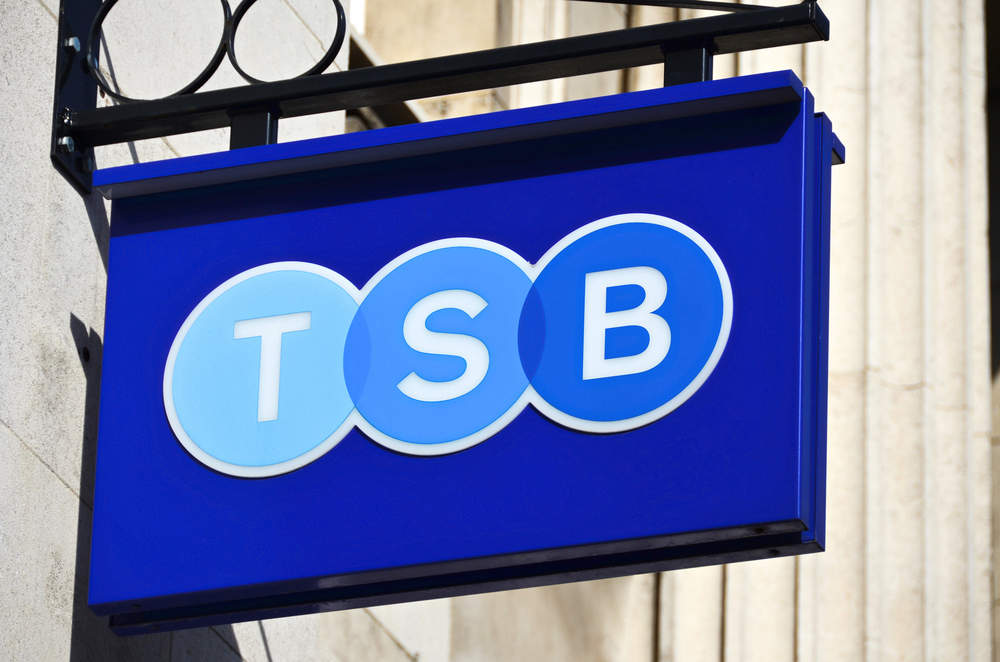Five into three does not go.
Santander, Metro Bank, Clydesdale Bank, Starling and TSB are all pitching for a share of the RBS Alternative Remedies Package.
The overall package will cost RBS £775m and is designed to increase competition in the SME banking sector, with the funds to be split between challenger banks and fintechs.
Three of the likely five runners will win a share of the largest part of the RBS giveaway, the capability and innovation fund worth £425m.
To qualify, banks must have less than £350bn in UK assets, so Santander’s UK arm qualifies with assets of around £300bn.
Each of the likely runners has issues to address.

US Tariffs are shifting - will you react or anticipate?
Don’t let policy changes catch you off guard. Stay proactive with real-time data and expert analysis.
By GlobalDataSantander: it is hard to assign the epithet of ‘challenger’ to Santander. Santander’s UK arm is well established, having acquired former mutual Abbey in 2004. In 2008, it added Alliance & Leicester and Bradford& Bingley.
Clydesdale Bank: The Glasgow-headquartered Clydesdale is an experienced player in the SME sector in Scotland and the North. It is well placed to bid for a share of the RBS fund but has minimal presence in the South of England, where many of the up to 220,000 customers of the W&G part of RBS to be incentivised to switch, are based.
Starling Bank: strong claims on the innovation side but no experience of SME banking.
Metro Bank: already punching above its weight in the SME sector, it has a strong claim for a share of the fund, but its branch focus remains in the South in general and Greater London area in particular.
TSB: Prior to its IT meltdown, on paper TSB looked well placed to pitch for a successful share of the RBS fund. TSB is now ten days into a PR nightmare arising from its botched IT platform migration. It has had ongoing issues with standing orders and faster payments remain unavailable for a large number of customers. The IT issues have resulted in TSB’s CEO Paul Pester being summoned to a hearing before the influential Treasury Select Committee.
TSB currently has a minimal share of the UK SME banking sector and has issues to address that it has the SME banking expertise to allow it to win a share of the package . That aside, until and unless it satisfies regulators that its current IT issues have been addressed and its new Proteo4UK is resilient, it is hard to see TSB having a case to benefit from the RBS package.
The one thing that may rescue TSB’s claim is the inordinate delay in progress being made with the RBS giveaway. The head of one of the challenger bank’s told the writer that it would be no surprise if the saga dragged on into 2019.
The independent panel to oversee the process is still to be finalised by the UK Treasury.









